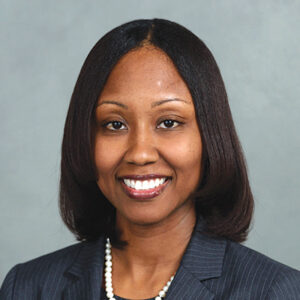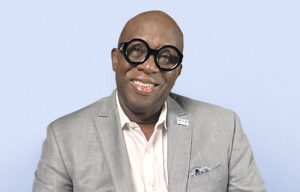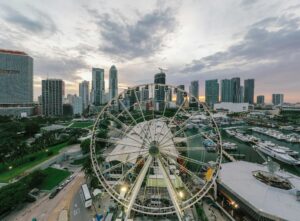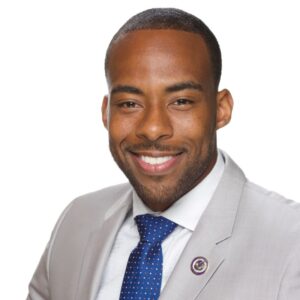
It is easy, given the constant barrage of news informing us about the chaos caused by the new administration in D.C. or constant encroachment on local control by the state legislature in Tallahassee, to feel overwhelmed and helpless. Even in this time of obvious dismay, we must not forget that WE have power.
Power is often defined as the ability to influence or direct the behavior of others or the course of events. But beyond its abstract definition, power—real, functional, and transformative—resides in the collective will and action of a community. For the Black community, this power is not something to be granted but reclaimed, refocused, and reinvested. In today’s socio-economic and political landscape, the Black community has the opportunity to harness its power to uplift small businesses, strengthen neighborhoods, and reshape policies that directly impact our lives.
We see some of this with the “blackout” days and the “Target Fast” having a huge impact and sending a message that we must be respected as consumers, but it is not just about withdrawing our support. One of the most impactful ways the Black community can leverage its power is by directing capital toward its own small businesses. These enterprises serve as the backbone of neighborhoods, providing jobs, mentorship, and a sense of identity. By intentionally supporting Black-owned businesses, whether through direct purchases, investments, or crowdfunding initiatives, the community circulates its wealth internally, creating a multiplier effect that fosters sustainability and growth.
Longevity has to be the focus therefore we have to build our own independent institutions. This topic is nothing new, if you have been reading my articles. I recall when the #BankBlack fever swept the country. This movement, aimed at empowering the Black community by taking control of its wealth and investing it in Black banks, received national attention on July 8, 2016. In that month alone, more than 1,500 new accounts with deposit balances of approximately $2.7 million were opened at Industrial Bank, the oldest and largest African-American owned commercial bank in the metropolitan Washington, D.C. region. This amount was more than the number of accounts that are usually opened in a six-month period. OneUnited in Miami reported that the bank had gone from opening about 50 accounts a day to 1,000.
My question is why did this stop? Why did WE stop?
In order for our power to be realized, we cannot stop until the goal is accomplished. Period. The bus boycotts did not end in a month, six months or even one year. People in our community organized, walked, carpooled, and sustained their resistance for 18 months until the goal was met. We must do the same. Spend with our own businesses until we create our own distribution systems. Vote in every election and then meet with, text, and email elected officials until the issues in our communities are addressed.
Power is not merely a concept; it is an actionable resource. For the Black community, reclaiming this power involves deliberate economic support of Black businesses, banking with Black institutions, investing in financial education, and remaining vigilant and vocal in political arenas. These actions collectively serve as a roadmap to rebuild, protect, and uplift.
The journey to equity is long, but it is within reach—one investment, one vote, one voice at a time.






